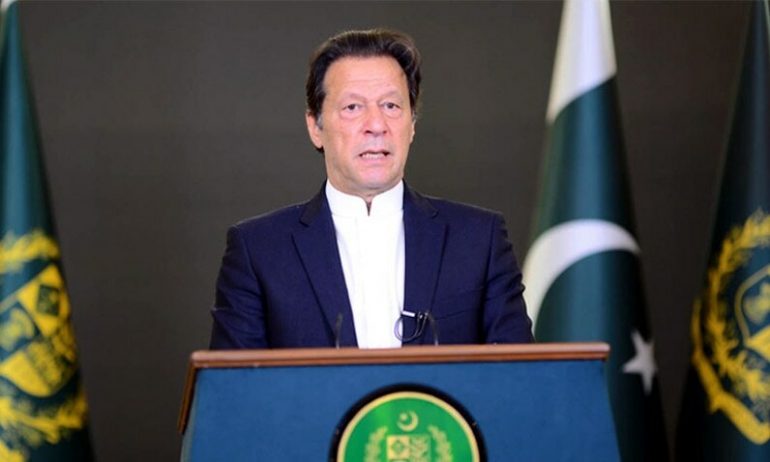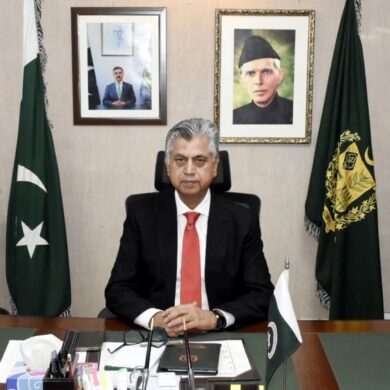Prime Minister Imran Khan unveiled a massive Rs 120 billion packages for underprivileged families to purchase three basic daily necessities at reduced prices on Wednesday (3rd November), calling it “the biggest social initiative in Pakistan’s history.”
In his address to the country, he announced that under the subsidy program, eligible people will be able to buy wheat flour, ghee, and lentils at 30% cheaper prices for the next six months.
Furthermore, Khan stated his administration has set aside “Rs 120 billion to assist 20 million families in purchasing flour, beans, and ghee at a 30% discount for the next six months.”
He described the subsidy as the “largest social program in Pakistan’s history,” saying it was a step toward turning Pakistan into a true welfare state since it would assist 130 million people across the country.
Moreover, He explained that the subsidy was in addition to the Rs 260 billion Ehsas program, which was already in place to help 12 million poor households with monetary assistance.
Khan also announced that under the Kamyab Pakistan Program, 4 million poor households will be offered interest-free loans for house construction, while farmers will be able to get up to Rs 500,000 in interest-free loans for agriculture.
In addition, He explained that under the scheme, one person from each chosen family will be trained in a skill that will enable them to earn a living.
Khan also mentioned another welfare program called the Kamyab Jawan Program, which provides loans to young people who want to start their own enterprises. Additionally, 6 million scholarships and school stipends of Rs 47 billion were distributed to assist the needy in receiving a free education.
The Prime Minister Health Card, which will let every family receive free treatment up to Rs 1 million, is being developed in partnership with provincial governments, and the cards have already been distributed to individuals in Khyber-Pakhtunkhwa, he said.
Khan further claimed that Pakistani vital goods and petroleum items were less expensive than those in India and Bangladesh. He did warn, however, that due to the global surge in prices, the price of gasoline will have to be hiked even more.
On the contrary, the opposition parties such as the Pakistan Muslim League-Nawaz (PML-N) and the Pakistan People Party (PPP) have held nationwide rallies and protests in response to the increase in petrol prices.
Instead of announcing a relief package, PML-N leader Marryium Aurangzeb informed the media that the Prime Minister should resign because he had failed to deliver. She told the reporters, “The largest relief the Prime Minister can provide the people of Pakistan is to resign.”



